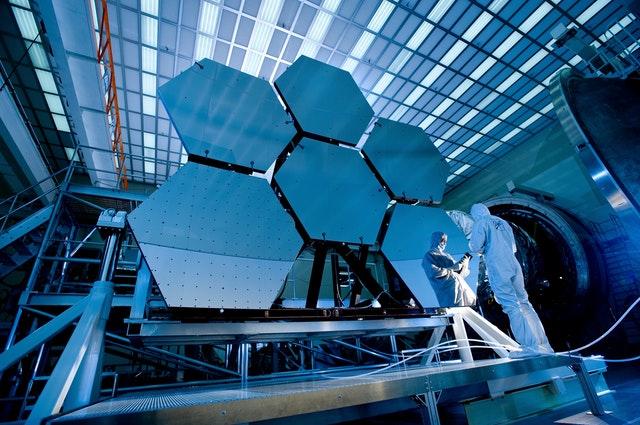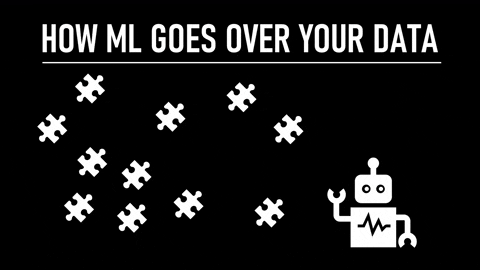Author: Rafael Knuth
Many executives struggle to make sense of machine learning (ML) and deep learning (DL). Having a pragmatic relationship with technology, executives need to know on a very fundamental level: “What problems do ML & DL try to solve?” A simple, high-level answer to that question is: “It’s all about building systems that do certain things better than humans, with as little intervention by humans as possible.” That being said, the simplest way to distinguish between ML and its branch DL is by the level of human intervention needed to get the job done.
Imagine you want to build a system that completes a 10,000 piece puzzle faster than any human could do. How would an ML-based system go about it? It would need lots of accurately labeled data from thousands if not even millions of previously completed puzzles. As of now, nobody can label data (colors, shapes, patterns, etc.) better than humans, thanks to our superior cognitive capabilities. That makes data-labeling very costly and time-consuming.
By comparison, a DL-based system would be designed to figure out by itself what it should do with a pack of puzzles. Ideally, it would learn and improve upon feedback it receives: “Failure!” – If it just randomly shuffles the puzzles. “Success!” – If it presents a beautiful picture, with all the puzzles in the right place. It would take thousands and thousands of attempts to succeed, but such a system would eventually outperform humans by orders of magnitude.
In many cases, fully automated DL-systems are years away. Think of self-driving cars. By comparison, for example, some ML-based recommendation systems (which leverage on vast amounts of labeled data) can provide great value today.
When contemplating to leverage on ML and DL, start with a simple question: “What can we automate today, how and to which extent, realistically?”


